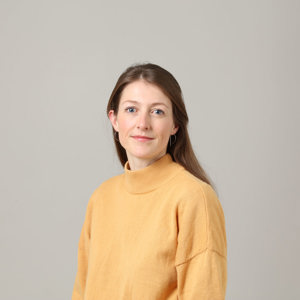
Hannah Devlin
The Guardian
Studying these entities could offer crucial insights into a “black box” period of human development and help uncover the causes of developmental disorders and recurrent miscarriage. But model embryos sit in a moral and legal grey zone: scientists do not yet know whether they have the theoretical potential to develop into a baby and they fall outside of existing regulations, such as the 14-day rule, for research on normal egg-and-sperm embryos. The story was followed up internationally, prompted several competing teams of scientists to fast-track their own publications on synthetic embryos and accelerated efforts in the UK and abroad to put the research on a regulated footing.
Another article highlights a shocking failure to recognise ectopic pregnancy, a relatively common condition that can lead to severe complications or death without urgent medical treatment. Through data obtained through freedom of information requests, she revealed that dozens of women have experienced “severe harm” and several have died after being admitted to hospital with ectopic pregnancies - and also highlighted one woman’s traumatic experience of ectopic pregnancy, in which her symptoms were minimised by health professionals and her concerns were not taken seriously. A leading UK expert on maternal health attributed these outcomes to basic failures among health professionals to recognise and manage the condition effectively. The story follows Hannah’s track record of agenda-setting reporting on women’s health issues, including scandals involving vaginal mesh and medical implants. Over several years, her reporting has given patientsa voice and helped drive an increased policy focus on this area, including the creation of a women’s health strategy.
A final piece is a timely interview with Hilary Evans, a leading voice in Alzheimer’s research and co-chair of the government’s dementia mission, which put recent breakthrough trial results into perspective. The piece paints a pragmatic picture of the limitations of the first drugs and the challenges of delivering treatments in an over-stretched health service. It also holds out the incredibly hopeful possibility that today’s elderly could be the last generation to face untreatable dementia.